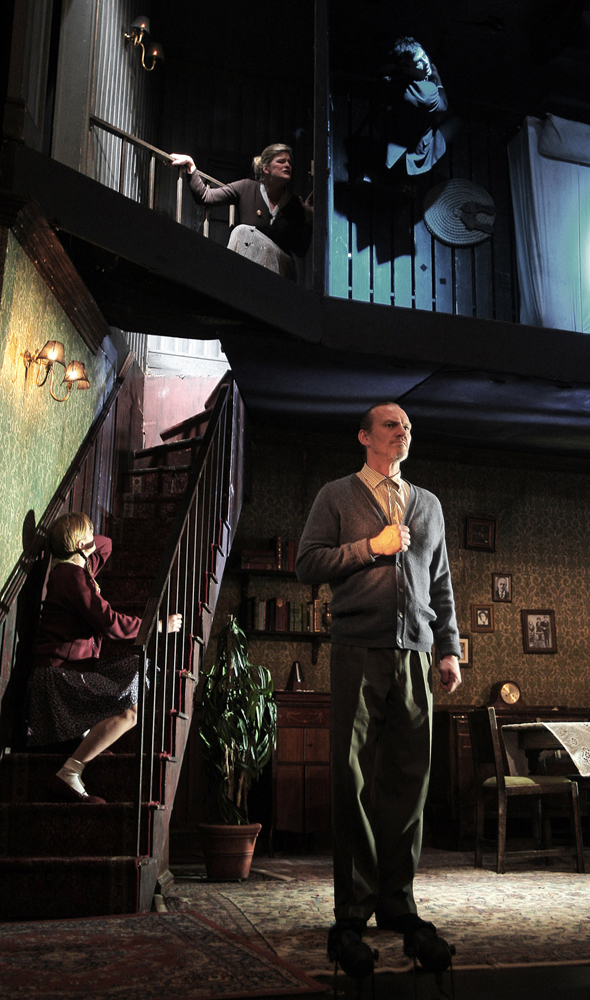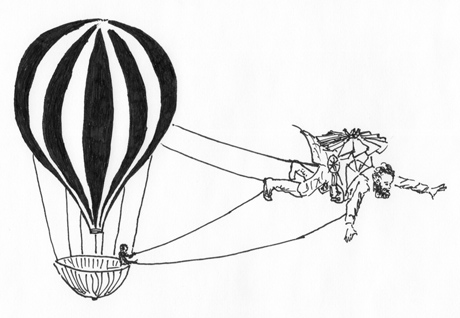Tuesday, November 30, 2010
Monday, November 29, 2010
Macbeth
Act 3 scene 1: the scene opens on Banquo questioning himself about the prophecy. Macbeth's prophecy was realized so why wouldn't his be too? He suspects Macbeth to have done evil things to realize it faster ("thou played'st most foully for't") and he doesn't want to do the same mistakes as Macbeth did. The fact that the third act opens on Banquo shows that we will focus more on him than on Duncan from now on. This is the first time that Macbeth and Banquo speak alone since they have seen the witches and they are beginning to separate. Macbeth lies to Banquo by saying that he doesn't think about the witches, he starts to think like a king replacing "I" by the royal "We". Macbeth asks a lot of questions about what will Banquo do later that night and with whom. He wants to know because he wants to kill him and his son. He isn't secure. When Banquo leaves and Macbeth is alone, he talks about how in front of Banquo his "genius is rebucked". He feels inferior to him because Banquo is such a good person. Banquo is the winner because he will realize his prophecy without corrupting himself; he is more noble than Macbeth. Then Macbeth sends murderers to kill Banquo and Fleance because he already has murderer sleep and guilt so he thinks that it will be easier. The murderers are his alibi. They are so miserable that they would do anything to have a better status. To persuade them, Macbeth says that Banquo is responsible for their misery and he compares them to dogs just like Lady Macbeth did to him.
Friday, November 26, 2010
macbeth the monster
Wednesday, November 24, 2010
Gods, Monsters and Men
We have been having a philosophical discussion on the nature of man and the nature of monsters. We've spoken of monsters before, and of men who wish to be God, but what, then, is a man? How does Shakespeare invite us to answer this question?
Monday, November 15, 2010
Saturday, November 13, 2010
Poets are watchers of the skies too!
| John Keats. 1795–1821 |
| 634. On first looking into Chapman's Homer |
| MUCH have I travell'd in the realms of gold, | |
| And many goodly states and kingdoms seen; | |
| Round many western islands have I been | |
| Which bards in fealty to Apollo hold. | |
| Oft of one wide expanse had I been told | 5 |
| That deep-brow'd Homer ruled as his demesne: | |
| Yet did I never breathe its pure serene | |
| Till I heard Chapman speak out loud and bold: | |
| Then felt I like some watcher of the skies | |
| When a new planet swims into his ken; | 10 |
| Or like stout Cortez, when with eagle eyes | |
| He stared at the Pacific—and all his men | |
| Look'd at each other with a wild surmise— | |
| Silent, upon a peak in Darien. |
Friday, November 12, 2010
Thursday, November 11, 2010
Science vs. Imagination (or L vs. S)
Sunday, November 7, 2010
Lady Macbeth is a strong willed woman that loves to be in control. She enjoys dictating her husband telling him what to do .Her main flaw is that she is too controlling she wants things done her way, and stays true to her words . She is avery manipulative woman. Her redeeming quality is that she is a very smart woman she planned the murder of Duncan to the last detail. We could say that her plan was a very good one for the exception of Macbeth not telling her about Malcolm the successor of Duncan. I feel as though Shakespeare is denouncing woman in this book in general. We see through the three witches and lady Macbeth that woman are deceitful creatures. They charm you. Macbeth was charmed by the witches who told him that he will be king. Lady macbeth is encouraging him to commit murder she is pushing him to go along with the plan. Macbeth respects her because he knows what she is capable of. We saw that she has no problem killing the king. She would have done so if he did not look like her father. Macbeth fears her in a way because she is capable of doing what he isn't. That is why she takes the lead in their marriage.




